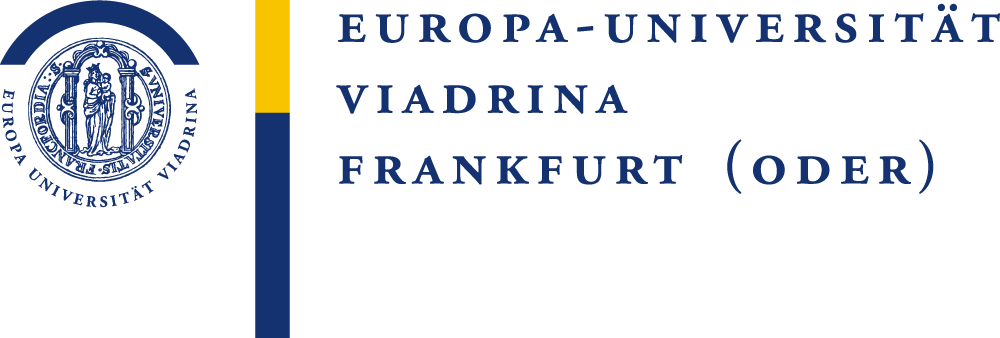Biometrics in Smart Borders
Smart borders refers to the idea of using new technologies to manage EU external borders. In fact, when migrants from outside the European Union cross its external border, their personal data can be processed and exchanged between the Member States. The EU has developed three large scale IT systems to exchange personal data in the areas of asylum, borders and visa: Eurodac, SIS II (Schengen Information System) and VIS (Visa Information System).
In 2014, the Fundamental Rights Agency has launched a research project to study how inserting, storing and using biometric data – such as fingerprints – in these IT systems impacts the fundamental rights of migrants. As part of this project, a network of researchers will look at practices in selected Member States and how these impact on fundamental rights.
The goal of this phase of the research is to consider the potential vulnerabilities of those concerned, such as asylum seekers, refugees, irregular immigrants, or third-country nationals that applied for a visa or were banned from entering the EU. In addition, the project can look at issues related to the general population, as data on EU citizens may also be included in some systems. You can find out more about the FRA project here.
Raphael Bossong (project lead) Joanna Bronowicka & Stephanie Horth from CIHR are part of the project, that is managed by Eticas Research and Consulting, which will conduct qualitative research in 10 countries – six in the EU and their embassies in Ukraine, Nigeria, Thailand and Colombia. Project researchers in the project will focus on collecting evidence in Germany and its embassies abroad.
Funding: Fundamental Rights Agency

